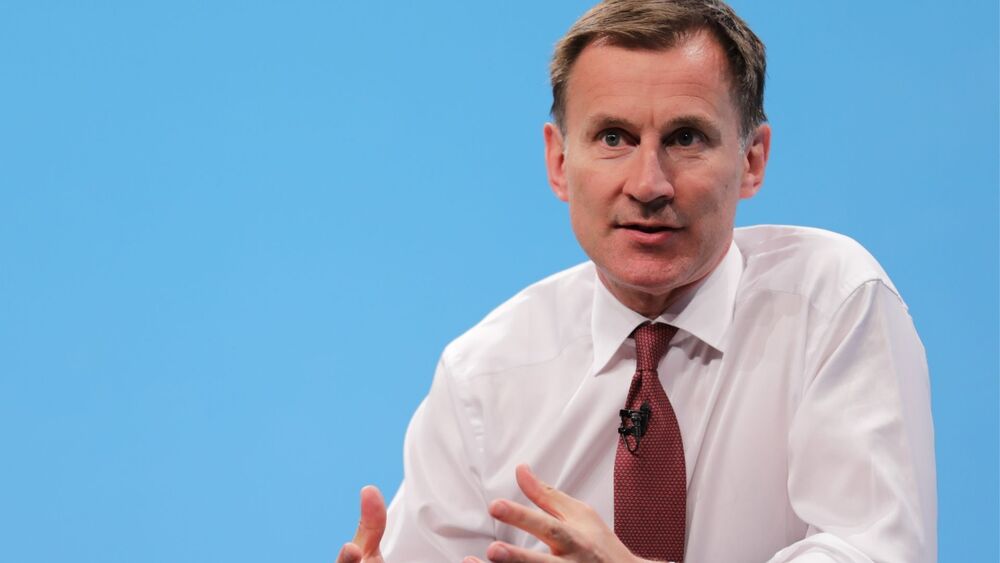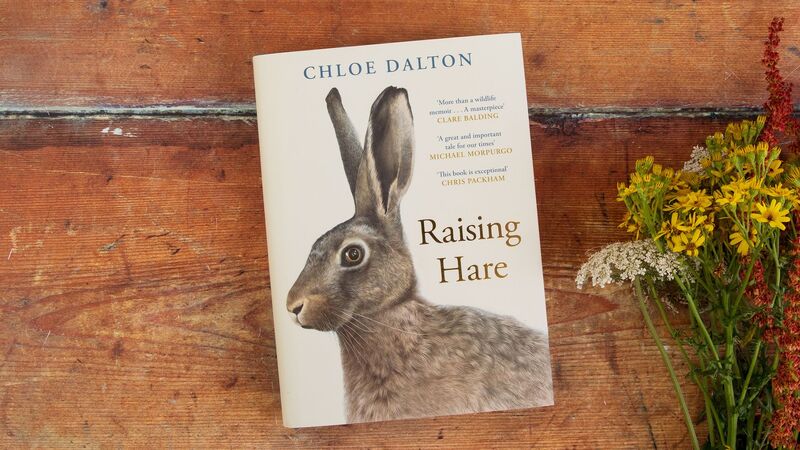You are viewing your 1 free article this month. Login to read more articles.
Trade bodies lukewarm on budget but encouraged by commitment to copyright protections
Trade bodies have warned that the budget, announced in the House of Commons on 15th March, “won’t provide any quick fixes” and that it “remains to be seen” whether assurances around bringing down inflation and avoiding recession will materialise, but say a nod to the creative industries and a commitment to protecting the UK’s copyright regime are encouraging.
As part of his first budget as Chancellor, Hunt introduced a raft of measures intended to bring down inflation and the cost of living, cancelling the planned 11p rise in fuel duty, keeping the Energy Price Guarantee at £2,500 for the next three months and extending childcare support for parents.
A new policy of "full expensing" will be introduced for the next three years in order to “boost business investment” in an effective cut to corporation tax of £9bn per year, enabling companies to deduct investment in new machinery and technology as a way of lowering their taxable profits.
The independent Office for Budget Responsibility (OBR) forecasts that this will increase business investment by 3% for every year it is in place. Hunt signalled an intention to make the scheme – which covers equipment for factories, computers and other machinery – permanent “when responsible to do so”.
The OBR has also predicted that the UK will avoid recession in 2023, but that the economy will shrink by 0.2%, and that the UK’s inflation rate will fall to 2.9% by the end of 2023, down from 10.7% in the last three months of 2022.
Reforms to tax reliefs for the creative sectors were also introduced, “ensuring theatres, orchestras, museums and galleries are protected against ongoing economic pressures and even more world-class productions are made in the UK". The full budget can be found here.
Commenting on the budget announcement, chair of the communications and digital committee, whose report At risk: our creative future slammed the government’s "complacent" and "incoherent" approach to the creative industries, Baroness Stowell of Beeston said: “I am pleased to see that the government has implemented our recommendation to include the creative industries in the government’s five priority growth areas. The sector is an economic powerhouse and needs to be recognised as such. I also welcome the government’s recognition that audiovisual tax relief has been vital to the UK screen sector’s success. I look forward to seeing further action to drive growth in the creative industries when the government publishes its long-awaited sector vision”.
Dan Conway, c.e.o at the Publishers Association (PA), told The Bookseller: “First and foremost, it is hugely promising to see the Chancellor note the importance of the creative industries as a high growth sector, growing twice as fast as the economy average. It is right to recognise that publishing, alongside other creative sectors, are consistently delivering to benefit the economy, and society."
As part of the budget, all of the recommendations of Sir Patrick Vallance’s report Pro-innovation Regulation of Technologies Review: Digital Technologies were accepted by the government.
As part of his report, Vallance said that to increase confidence and accessibility of protection to copyright holders of their content as permitted by law, “we recommend that the government requires the IPO to provide clearer guidance to AI firms as to their legal responsibilities, to coordinate intelligence on systematic copyright infringement by AI and to encourage development of AI tools to help enforce IP rights". Concerns around the way copyrighted works are potentially being used by AI systems is a current topic of debate in the publishing trade.
Conway said: “As expected, AI and emerging digital technologies are also a focus today, given Sir Patrick Vallance’s published report alongside the Red Book this afternoon. We strongly welcome the government’s commitment to protect the UK’s gold standard copyright regime alongside its laudable ambition to maximise the UK’s potential in AI development. The two go in hand-in-hand, and incentivising sustained investment in world-class content will ensure AI delivers the best outputs.
“We are pleased to see that the government has listened to the concerns of the industry and Sir Patrick is now recommending this renewed approach in relation to text and data mining. We look forward to working with the IPO and industry on how best to progress.”
Barbara Hayes, c.e.o. at the Authors’ Licensing & Collecting Society (ALCS), also noted the government’s "ambition to clarify IP rules to enable access to material to train generative AI systems". She told The Bookseller: "We look forward to working productively with the new IP minister and his team to ensure that a balanced approach is adopted which recognises the enormous value that authors and other (human) creators bring to the economy and society as a whole."
In its response to Vallance’s report, the government stated that the Intellectual Property Office (IPO) would produce a code of practice by the summer “which will provide guidance to support AI firms to access copyrighted work as an input to their models, whilst ensuring there are protections (e.g. labelling) on generated output to support right holders of copyrighted work". To inform this code of practice, the IPO “will convene a group of AI firms and rights holders to identify barriers faced by users of data mining techniques when accessing copyright materials.” The full report and the government response can be found here.
However, Bridget Shine, chief executive of the Independent Publishers Guild (IPG), told The Bookseller that the budget “won’t provide any quick fixes for the big challenges facing businesses”. “Measures to reform capital allowances and ease recruitment may be useful for some, and for individuals the extension of the Energy Price Guarantee and childcare subsidies are welcome. However, businesses and professionals alike continue to face unprecedented price rises, and it remains to be seen if the government’s assurances on the economy, like bringing down inflation and avoiding recession, will actually materialise.”
She added: “In the meantime independent publishers will be drawing on all their resilience and resourcefulness to achieve growth and support employees through the costs crisis.”
Howard Davies, acting head of policy and public affairs at the Booksellers Association (BA), which represents chains and independent bookshops alike, told The Bookseller that despite the huge pressures that retailers have faced over the past year due to spiralling inflation, “we were disappointed to see very little in today’s budget statement to help bookshops across the UK to meet the severe ongoing challenges around the costs of doing business, which runs in parallel with the cost of living crisis.
“As our members continue to face higher energy costs, it was a concern that the budget didn’t address reforming our dysfunctional energy markets so that, as prices drop globally, UK businesses and consumers can start to benefit. We will carefully evaluate the announcements around investment tax relief, to see if they will help retailers like bookshops to continue to digitally innovate and make the best use of IT. We are keen to ensure these measures are designed to boost the competitiveness of high street bookshops,” he said.
“Likewise, we hope that the levelling-up programmes designed to spread growth across the UK can ensure a focus on helping to revitalise high streets, as well as better supporting the entrepreneurial skills and talents of new and existing booksellers in all parts of the UK. While the autumn budget brought welcome changes to business rates, the system is still badly broken which hurts jobs and business investment in the book trade and across the high street, so we will continue to campaign for radical and far-reaching reforms.
“Increasing access to work is an issue close to the hearts of our members, so we hope the employability measures announced today will be meaningful and can help our members to build on their existing excellent work to widen access to working in the book trade – which is one of our key focus areas as demonstrated by our first Workforce Survey last month.”

















